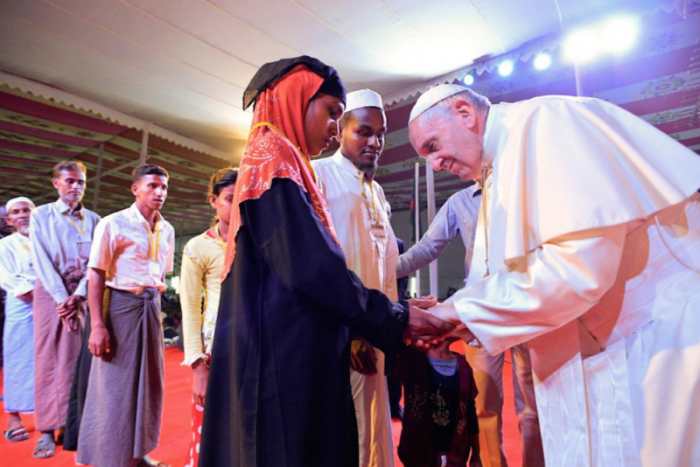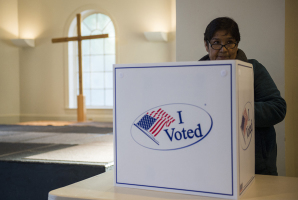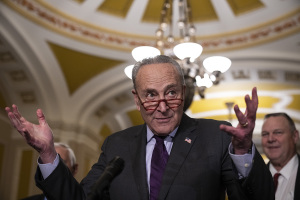27-Y-O Rohingya Who Says She Was Tortured, Raped in Myanmar Hopes Pope Can Help Find Justice

A 27-year-old Rohingya Muslim woman refugee from Myanmar will meet Pope Francis on Friday in the hope he can help her find justice for the abuse she says she suffered at the hands of Myanmar soldiers, including rape.
Pope Francis, visiting both Myanmar and Bangladesh this week, has called for decisive measures to resolve the political reasons that caused Rohingya to flee from Myanmar and urged help for Bangladesh to deal with and influx of some 625,000 refugees since late August.
The pope will hear first hand, from the woman and other Rohingya, the sort of accounts that have led to accusations from the United Nations that majority-Buddhist Myanmar has waged a policy of ethnic cleansing against the Muslim minority, including killings and rape.
"They captured me and some other women, tortured us," the woman told Reuters in the office of an aid group in the Bangladeshi capital, Dhaka.
"I still bleed, there is pain in the abdomen, my back hurts, I get headaches. Medicines have not helped much," the woman said as her young daughter clutched at her black burqa.
Myanmar's army has denied all accusations of rape and killings by the security forces. It said an internal investigation found no evidence of rape or killings by the security forces.
The woman identified herself but Reuters is not publishing her name, or that of her husband, who was with her in Dhaka as she gave her account.
The couple said they fled from their village in Myanmar's Rakhine State in late August, soon after the army launched a crackdown following attacks on security posts by Rohingya militants.
The woman said that on the fourth day of her 17-day-trek to the safety of a refugee camp in Bangladesh, she was raped by Myanmar soldiers after she got separated briefly from her husband.
"I will share my pain with him," the woman said of the pope, referring to him the "head of the Christians."
Her husband sighed as she narrated how she was raped along with nearly a dozen other women by a stream.
"I will tell him about the stinking bodies we saw on our way to Bangladesh. I want him to recognize us as Rohingya. I want my torturers to be punished," she said.
New York-based rights group Human Rights Watch this month accused Myanmar security forces of committing widespread rape as part of a campaign of ethnic cleansing.
The United States has said the campaign by Myanmar's military included "horrendous atrocities" aimed at "ethnic cleansing."
The pope celebrated a huge outdoor Mass on Friday to ordain new priests from Bangladesh on his first full day in the country after arriving from Myanmar.
In calls for peace in Myanmar, he did not use the word Rohingya to describe members of the Muslim minority. The term is contested by the Yangon government and military.
Most Rohingya are stateless and they are regarded in Myanmar as illegal immigrants form Bangladesh.
The Rohingya refugees who will meet the pope on Friday said they could not risk going back to their homeland without assurances for their safety.
"We should be recognized as bona-fide citizens of Myanmar, we should be assured life-long security, we should be allowed to pursue higher education, only then we can go back," said the woman's husband.
"I want justice for my wife."




























